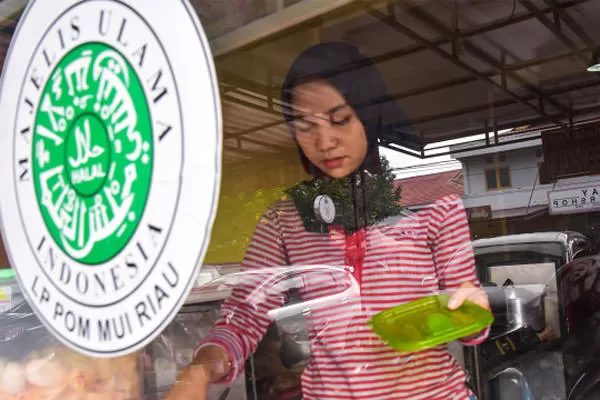Jakarta, MINA – The Indonesian government has postponed the mandatory halal certification for MSMEs until 2026, which was originally planned to be implemented in October this year.
Minister of Cooperatives and SMEs, Teten Masduki, explained that the delay was due to financing aspects, due to limited time.
“Yes, because there are only 150 days left, there are financing aspects, there are other technical aspects. “It is almost impossible that on October 17, 2024, all of them, especially MSMEs, will be able to get certification,” said Teten in Jakarta on Thursday.
On the other hand, the Minister of Religion, Yaqut Cholil Qoumas, claimed that the postponement policy showed the government’s partiality towards MSEs. This is because the delay is intended to give time for MSEs.
Also Read: Central Java Partners with 12 European Countries to Boost Low-Carbon Rice Production
“With this delay, MSEs are given the opportunity to take care of their Business Identification Number (NIB) and apply for halal certification until October 2026,” said Yaqut.
“This decision is also to protect business actors, especially MSEs, from having legal problems or being subject to administrative sanctions,” he continued.
The government postponed the halal certification obligation for micro and small enterprise (UMK) products, from October 2024 to October 2026. This applies, among other things, to MSE food and beverage products, traditional medicines, herbs, chemical cosmetic products.
Meanwhile, the mandatory deadline for halal certification for products from medium and large category businesses remains October 2024.
Also Read: Indonesia’s Health Ministry Speeds Up Free Screenings for 53 Million Students
Coordinating Minister for the Economy Airlangga Hartarto at the Presidential Palace, Jakarta on Wednesday said that the delay in halal certification obligations for MSMEs was partly due to the low achievement of the halal certification target per year.
He said that currently the expected target is 10 million halal certifications per year, but only around 4 million have been achieved.
Airlangga further said that the halal certification obligation is only intended for businesses that already have a business registration number. (T/RE1/P2)
Mi’raj News Agency (MINA)
Also Read: AWG Partners with Pemuda Pancasila to Deliver Free Hijama and Support Gaza Aid




























 Mina Indonesia
Mina Indonesia Mina Arabic
Mina Arabic